Why do these things unfortunately go together & tips to avoid!
Although spring is here many parts of of Colorado are still cold and getting colder… (like this weekend!) In fact, many ski resorts have had so much snow they are staying open weeks later than average. But if you have a knee injury you are more sensitive to the cold than those without. So this week we ask if the cold weather actually affects those injuries and what you can do about it…
What types of injuries can be affected?
All types… any type of trauma, recent surgery, runners knee, patellar tendonitis (jumper’s knee) and more are affected by the cold.
Why do we get knee pain in colder seasons?
There are many reasons starting with Barometric pressure. Barometric pressure is the weight of the air around us. When cold weather hits the barometric pressure drops. Although this change is often too slight to be conscious of, your joints are fully aware. The change can cause the fluids in your joints to expand, causing an increase in internal pressure – which can cause pain.
Additionally when the weather changes so does the humidity around us. High levels of humidity combined with cold affects the cellular structures of our bones and cartilage.
When you have experienced a knee injury you have experienced inflammation. Inflamed tissues are more sensitive to the cold. The nerves within the knee become overly sensitive because of scaring, stress and adhesions that cause you to feel pain. The fluid in the knee acts like a shock absorber, and in cold weather it may thicken. The increased thickness prevents the fluid from flowing freely, causing stiffness in the joints.
Inactivity is another culprit. Cold weather means people stay indoors more. Inactivity for long periods is harmful to joint health.
So what can we do about it?
If your knee injury has affected the muscles around your knee, your muscles have to work harder than in warm conditions when performing the same tasks. That means if you continue to perform those tasks your risk for reinjury go up. When you are cold your heart rate is slower, and that means muscles can become stiffer more easily.
Prevent Swelling & Keep Warm!
Knee compression bands can increase stability as well as reduce swelling. Also – stay warm! Layer up, bundle up and when it’s just too cold, workout indoors. Warm showers and baths help, and take the time to safely warm up your car before heading out on the road.
So take care this weekend Denver and use these tips to avoid achy knees!

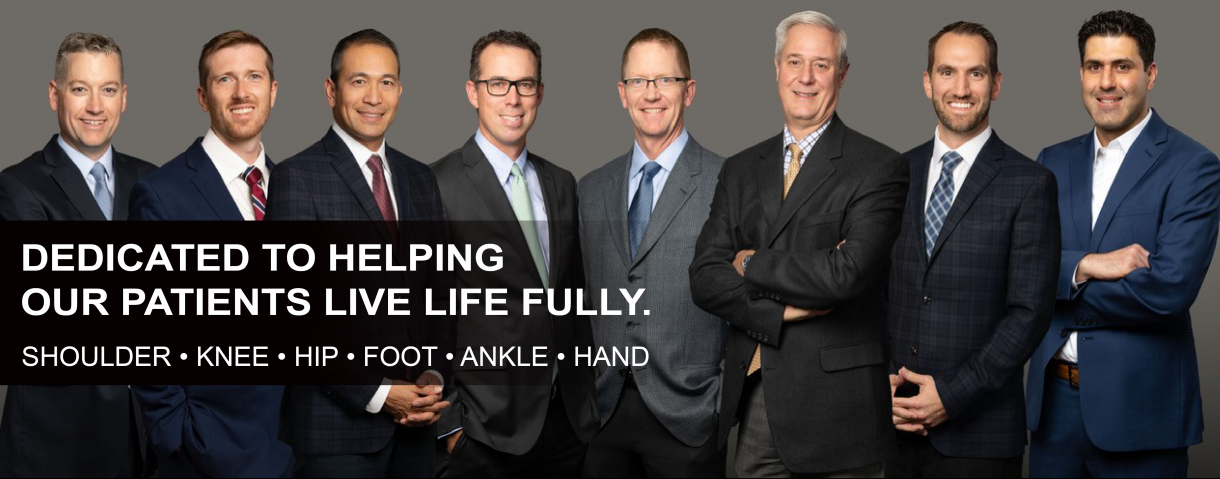
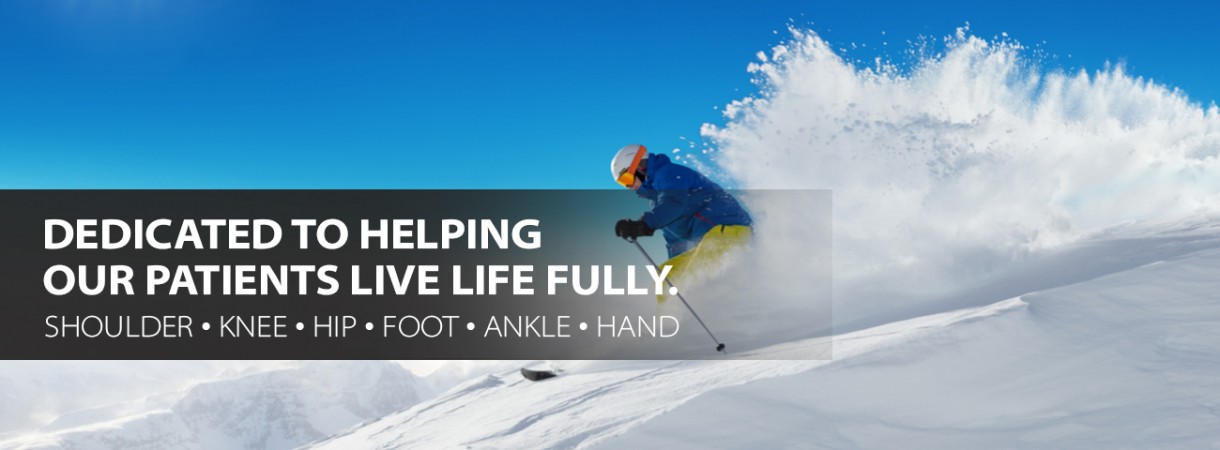
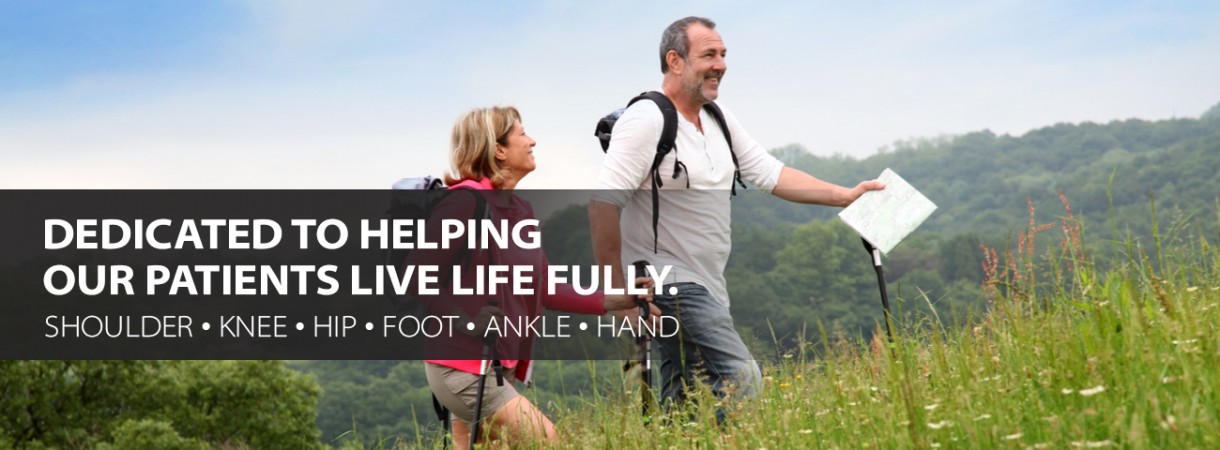
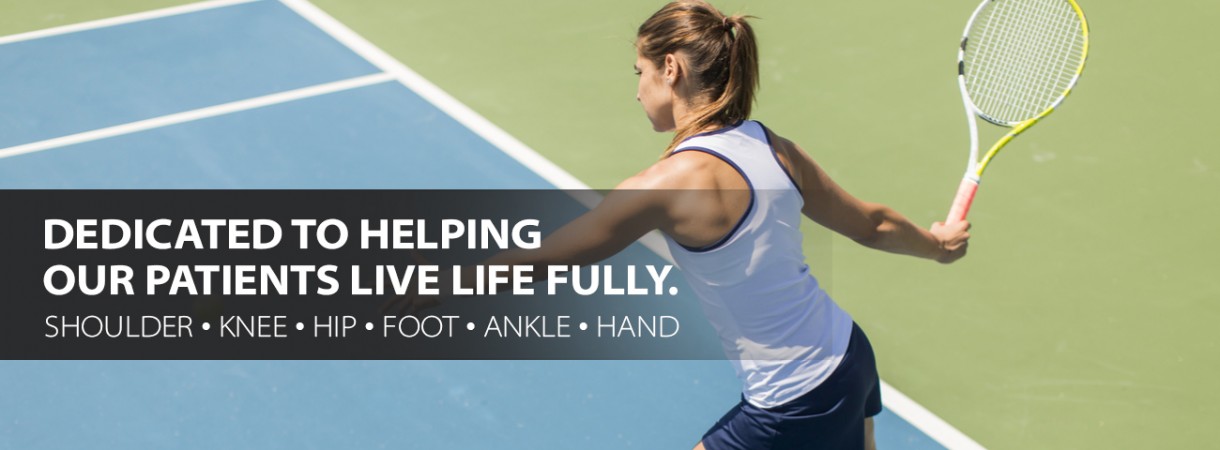
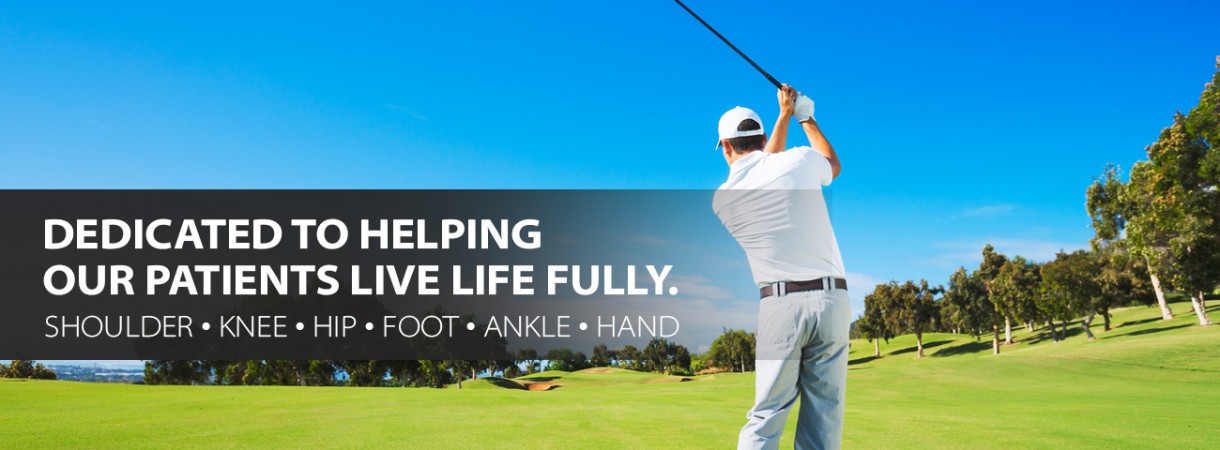
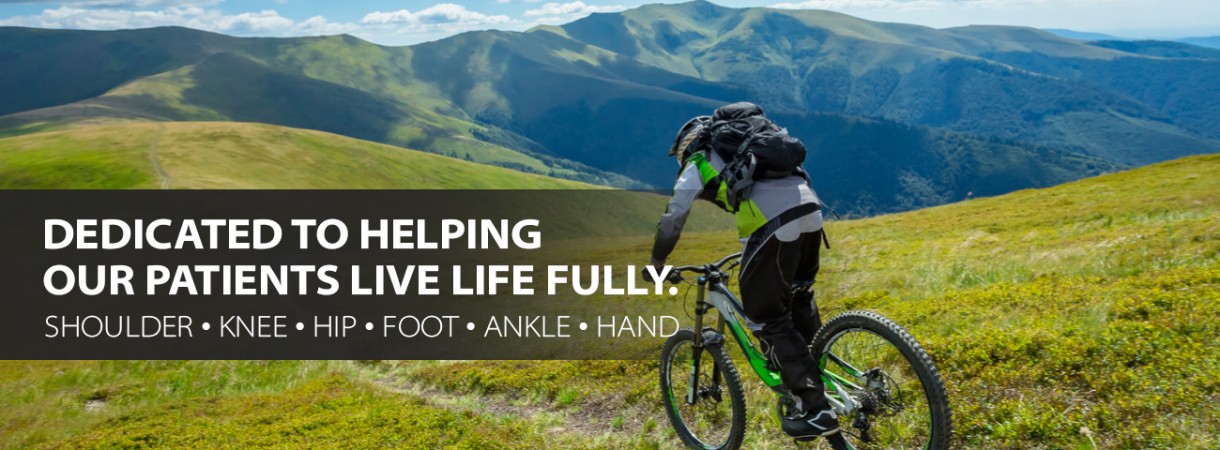
Leave a Reply